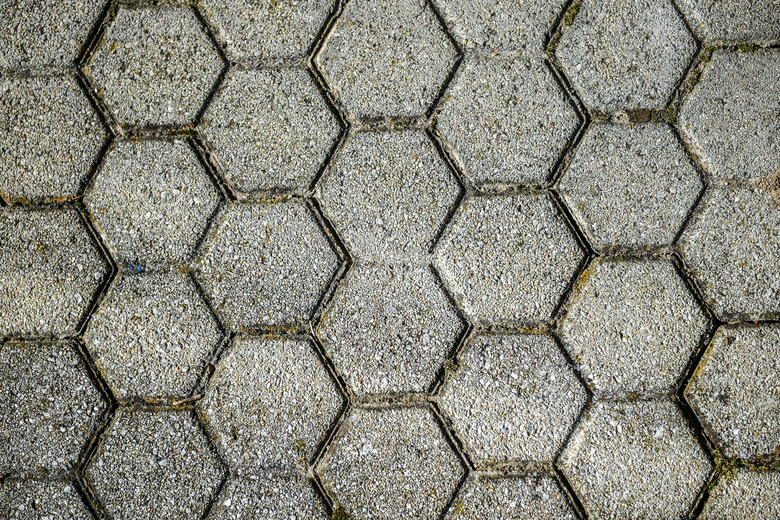How Long Do You Have To Let Mortar Set Before Grouting?
Thinset mortar is the adhesive used to place ceramic tile to floors, countertops, walls and other surfaces. Like concrete, the mortar has to be cured in order to be an effective adhesive. If it's properly installed, the tile is durable, but if you do not allow the mortar to cure properly before grouting, it can crack or crumble, causing the tiles to also crack or become loose.
Time Before Grouting
Time Before Grouting
Drying time varies depending on room temperature, humidity and how much moisture there is in the mortar when it's applied. Mortar must set at least 24 to 48 hours before grouting.
Apply mortar when the ambient air temperature is between 50 and 100 degrees Fahrenheit. Ideally the room temperature shouldn't exceed that range for at least 72 hours after application. The area should be well-ventilated but not exposed to high wind or heat.
Even when mortar appears dry on the outside edges of the tile, it may not have fully cured beneath the tile surface. Allowing proper time for the mortar to cure before grouting will ensure your tiled surface will last for at least decades.
Setting vs. Curing
Setting vs. Curing
Cement-based products must set, or dry, in order to be durable enough to be used. These products must also cure, which generally occurs while the product is drying. Curing means that there are chemical processes taking place within the product that harden it. Curing begins as soon as you add water to the dry mortar and continues until the product is completely dry. In order to cure correctly, the mortar has to retain some moisture.
In addition to cement, thinset mortars may contain blends of polymers and other chemicals. Some mortars contain ingredients that make curing quicker, allowing grouting to begin only after three hours.
Proper Handling
Proper Handling
Always follow the manufacturer's directions and wear a mask, chemical-resistant gloves and eye protection when handling and mixing mortar. Be careful not to inhale the fine powder, especially when pouring the dry product out of the bag.
All cement-based products can cause skin irritation or burns. Overexposure can cause irritation and can increase sensitivity.
Mortar vs. Mastic
Mortar vs. Mastic
Thinset mortar is a blend of cement, sand and other materials that is sold in 25- or 50-pound bags of dry material. The generic term "mastic" refers to premixed adhesives used for several purposes in the construction industry. Mastic for ceramic tile applications uses polymers as the bonding agent rather than cement. Because it is sold in ready-to-use tubs, mastic may be easier to use and clean up; however, it is not suited for exterior use, steam rooms, radiant floors or other applications exposed to water or heat.
Sealing Grout
Sealing Grout
Grout also contains cement and must cure before sealing. Allow the grout to cure for at least three days, misting it a few times each day.
